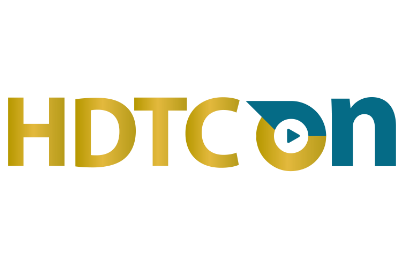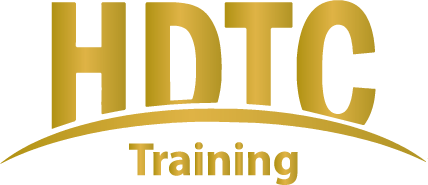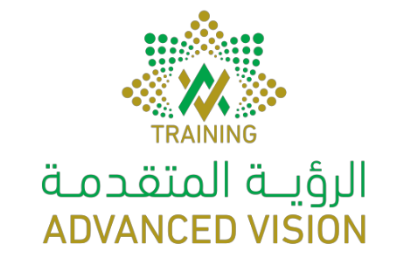PMO Certified Professional (PMO-CP)™
The PMO Certified Professional (PMO-CP)™ Course and Exam is the official PMI offering for candidates seeking certification to prove they have the skills to establish a best-practice project management office.
Course Info
Upon completing this course, participants will be able to:
- Boost your knowledge about how to establish a best-practice PMO
- Develop the crucial project management office knowledge grounded in the PMO Value Ring Methodology
- Understand practical applications in the workplace
- Module 1 - Collecting Stakeholders' Expectations
- Module 2 - Defining and Balancing the PMO Mix of Functions
- Module 3 - Establishing the PMO Processes
- Module 4 - Defining PMO Key Indicator and Measuring Performance
- Module 5 - Defining the PMO Headcount and Competencies
- Module 6 - Assessing the PMO Maturity and Planning Its Evolution
- Module 7 - Calculating the PMO ROI (Return On Investment)
- Module 8 - Establishing the PMO Balanced Scorecard
- A project professional aiming for more responsibility
- Looking to establish or re-define a best-practice PMO within your organization
- Looking to boost your earning potential with a globally recognized credential
The target audience for a Project Management Office (PMO) course typically includes:
- Project Managers: Those responsible for managing and leading projects within organizations.
- Program Managers: Professionals overseeing multiple related projects.
- PMO Directors/Managers: Individuals responsible for setting up or managing a PMO.
- Senior Executives: C-level executives or senior leaders aiming to implement or improve a PMO in their organizations.
- Business Analysts: Professionals supporting project management through analysis and process improvement.
- Team Leads/Supervisors: Managers looking to enhance project execution and governance in their teams.
- Portfolio Managers: Responsible for managing projects and ensuring alignment with organizational strategy.
These roles benefit from PMO courses by improving governance, standardizing project management practices, and enhancing project delivery efficiency.
The eligibility criteria for a PMO (Project Management Office) course often include:
- Experience in Project Management: Candidates must typically have prior experience managing or supporting projects.
- Educational Background: A business administration, engineering, or information technology degree is often preferred.
- Professional Certifications: Holding certifications such as PMP (Project Management Professional) or CAPM (Certified Associate in Project Management) can be beneficial.
- Mid- to Senior-Level Roles: The target audience is usually professionals in roles like project managers, program managers, or senior leadership positions.
- Basic Knowledge of Project Management: Familiarity with project management processes and methodologies is often expected.
This eligibility ensures that participants can effectively contribute to and benefit from the PMO course.
The PMO provides project teams with the guidance and support to ensure projects are completed on time and within budget. Additionally, a PMO can provide a central point of contact for project stakeholders and help ensure all projects are aligned with the organization's overall strategy and objectives.
A PMO (Project Management Office) career path involves various project management roles, ranging from project analysts to program managers. These roles provide opportunities to apply project management skills across different projects and may include progressing through various levels or functions within the PMO.
Understanding the roles and responsibilities and the skills required for advancement is essential for creating a successful career action plan in the PMO field.
- The PMP Exam has 180 questions
- You will get 230 minutes to answer all the questions.
- You are not allowed to take a break if you take the test at a physical center.
- For the online version, you can avail yourself of two breaks of 10 minutes each after 60 questions and 120 questions each










